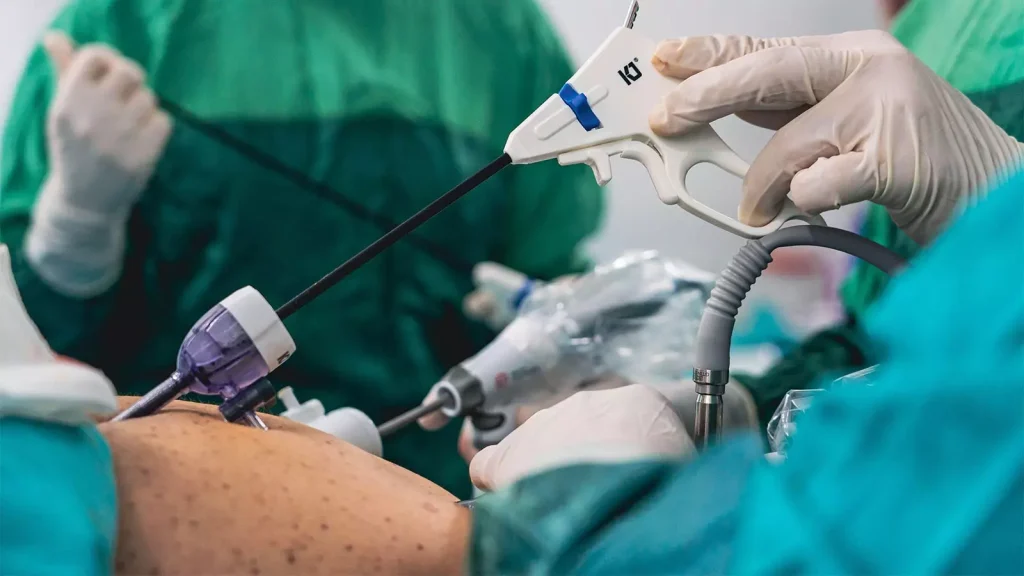Metabolic dysfunction-associated steatohepatitis (MASH) is a liver condition marked by inflammation and fatty deposits, mainly driven by obesity. As obesity rates climb globally, understanding its impact on liver health, especially in cases of cirrhosis, becomes crucial. Recent research highlights the potential benefits of bariatric surgery for patients with MASH-related cirrhosis. A notable study from the Cleveland Clinic found that patients undergoing bariatric procedures experienced significantly fewer severe liver outcomes compared to those who did not, with a 15-year incidence of major adverse liver events at 21% for the surgical group versus 46% for non-surgical controls.

The study also showed a reduction in the risk of developing decompensated cirrhosis, with incidences of 16% post-surgery compared to 31% in the control group. These findings question the efficacy of relying solely on lifestyle changes, suggesting that surgical interventions could be essential for certain patients. Bariatric surgery led to an average weight loss of 32 kg over 15 years and improved metabolic health, thus preventing progression to end-stage liver disease. This substantial weight loss might improve eligibility for liver transplants, particularly for patients previously considered too obese.
However, safety is a critical concern. Experts like Dr. Wajahat Mehal recommend that such surgeries be conducted in large centers equipped to handle liver conditions due to the elevated risks involved. Specialized care ensures better management of potential complications.
While the results are promising, the study’s observational nature means inherent limitations exist, including biases related to long-term lifestyle changes following surgery. Additionally, the study primarily involved white patients, limiting the generalizability across different racial and ethnic groups. Future research should explore the effects of bariatric surgery in more diverse populations to fully understand its benefits and limitations.
The authors acknowledge the challenges in conducting randomized trials with MASH-related cirrhosis but stress the need for broader studies to confirm these findings. Research must address gaps related to lifestyle factors, alcohol use, and smoking to clarify outcomes influenced by surgical decisions.
In summary, bariatric surgery could transform the prognosis for patients with MASH-related cirrhosis, offering not just weight loss but also significant improvements in liver health. As evidence grows, bariatric surgery may emerge as a vital tool in managing complex cases of liver disease linked to obesity.




